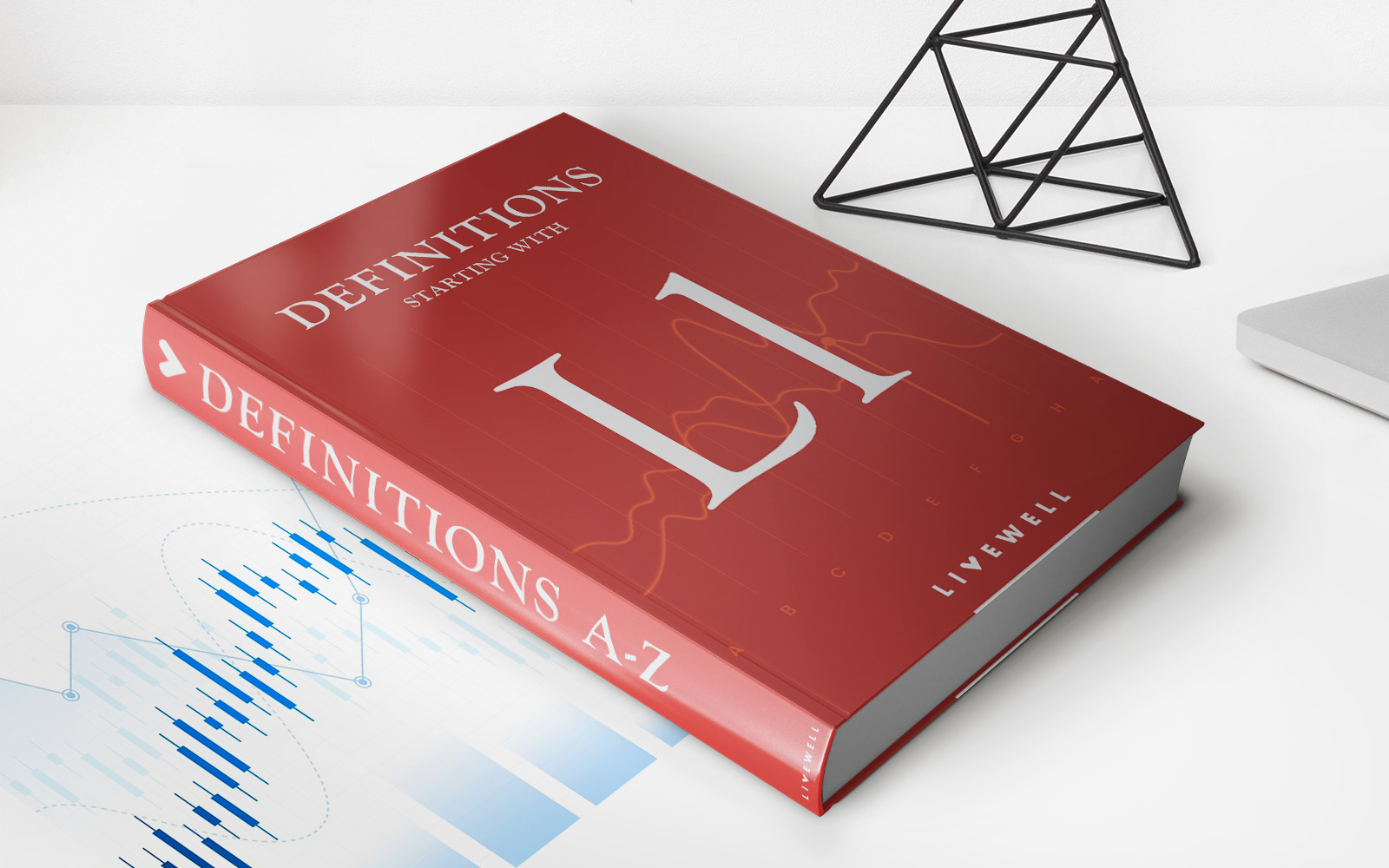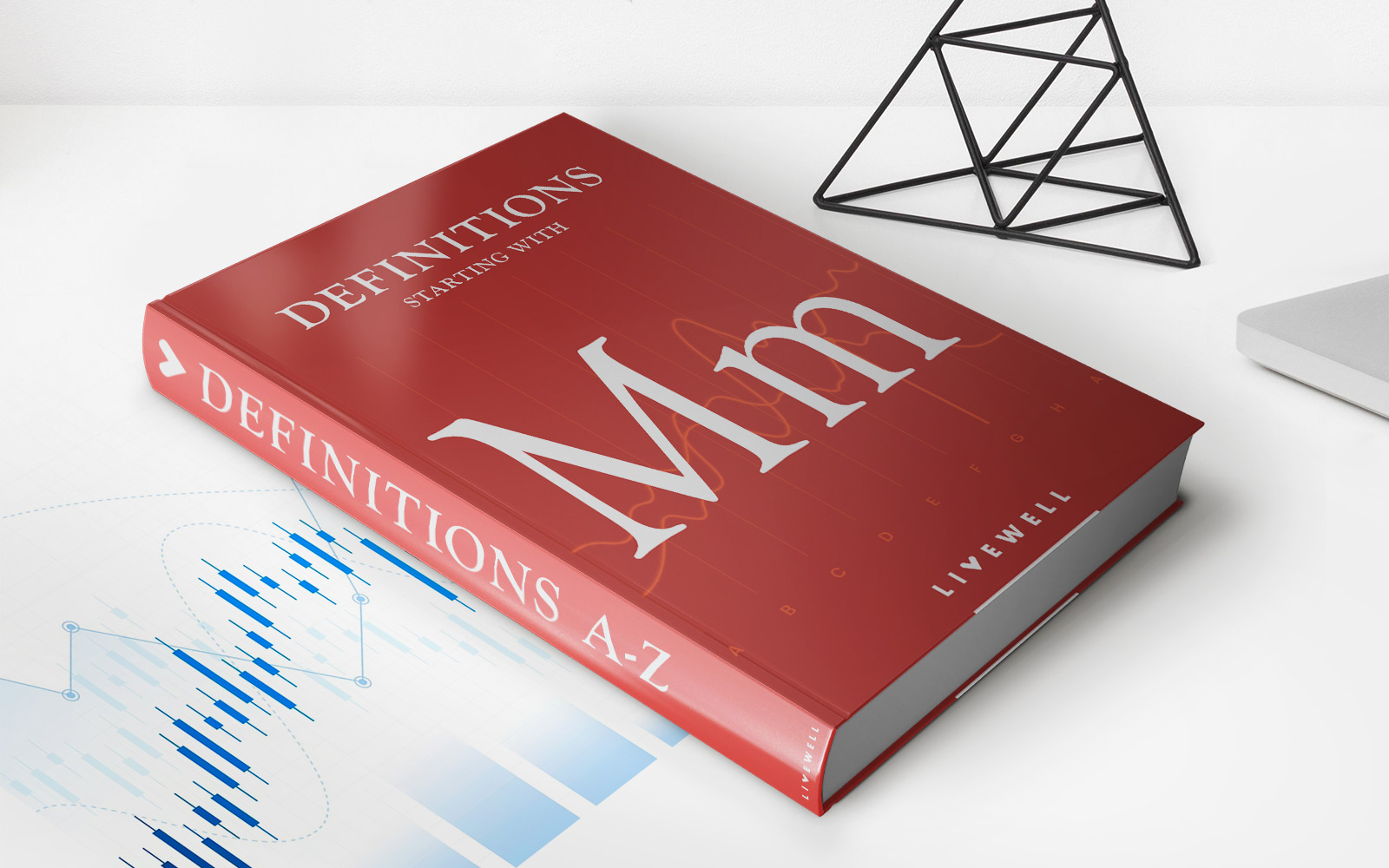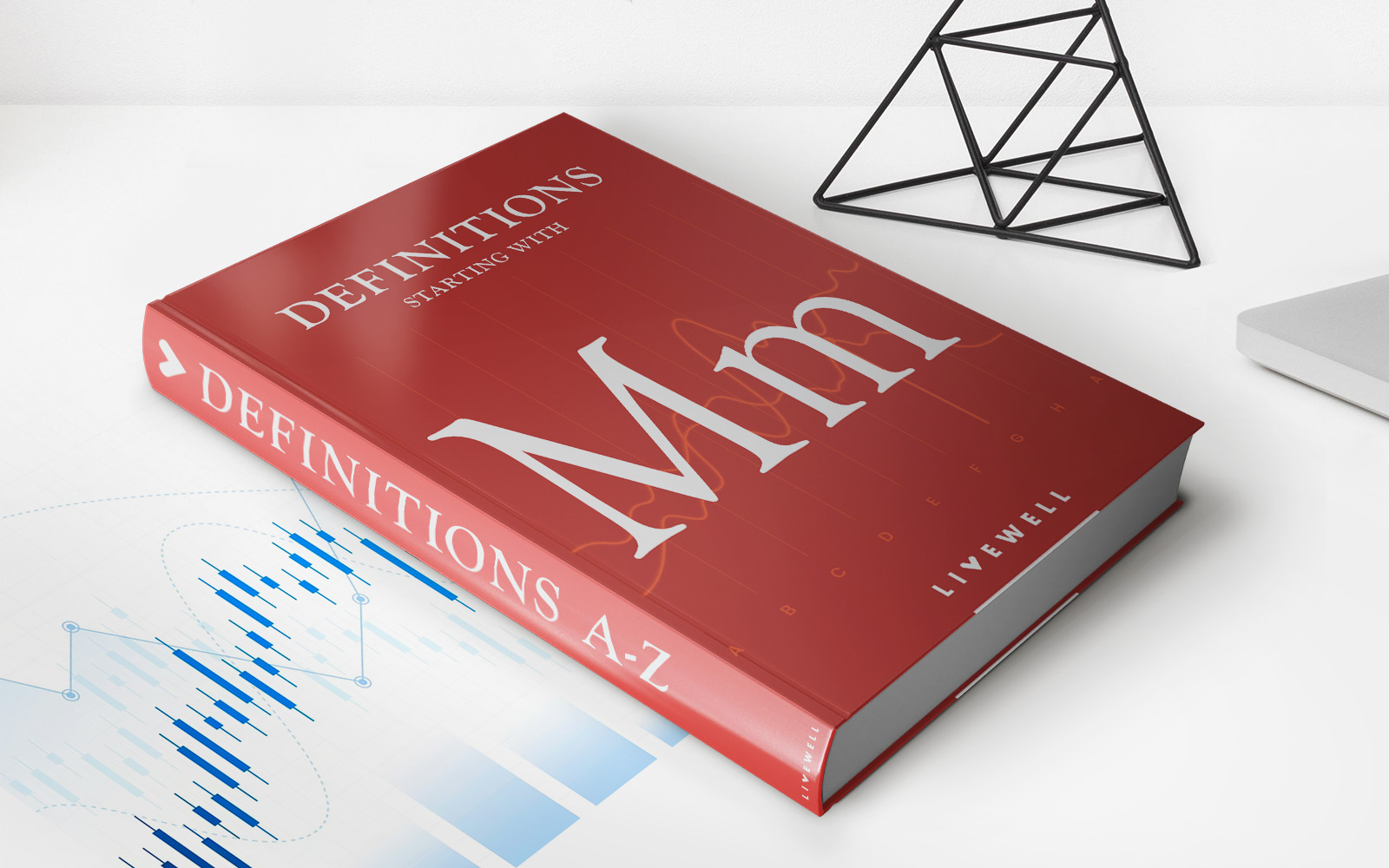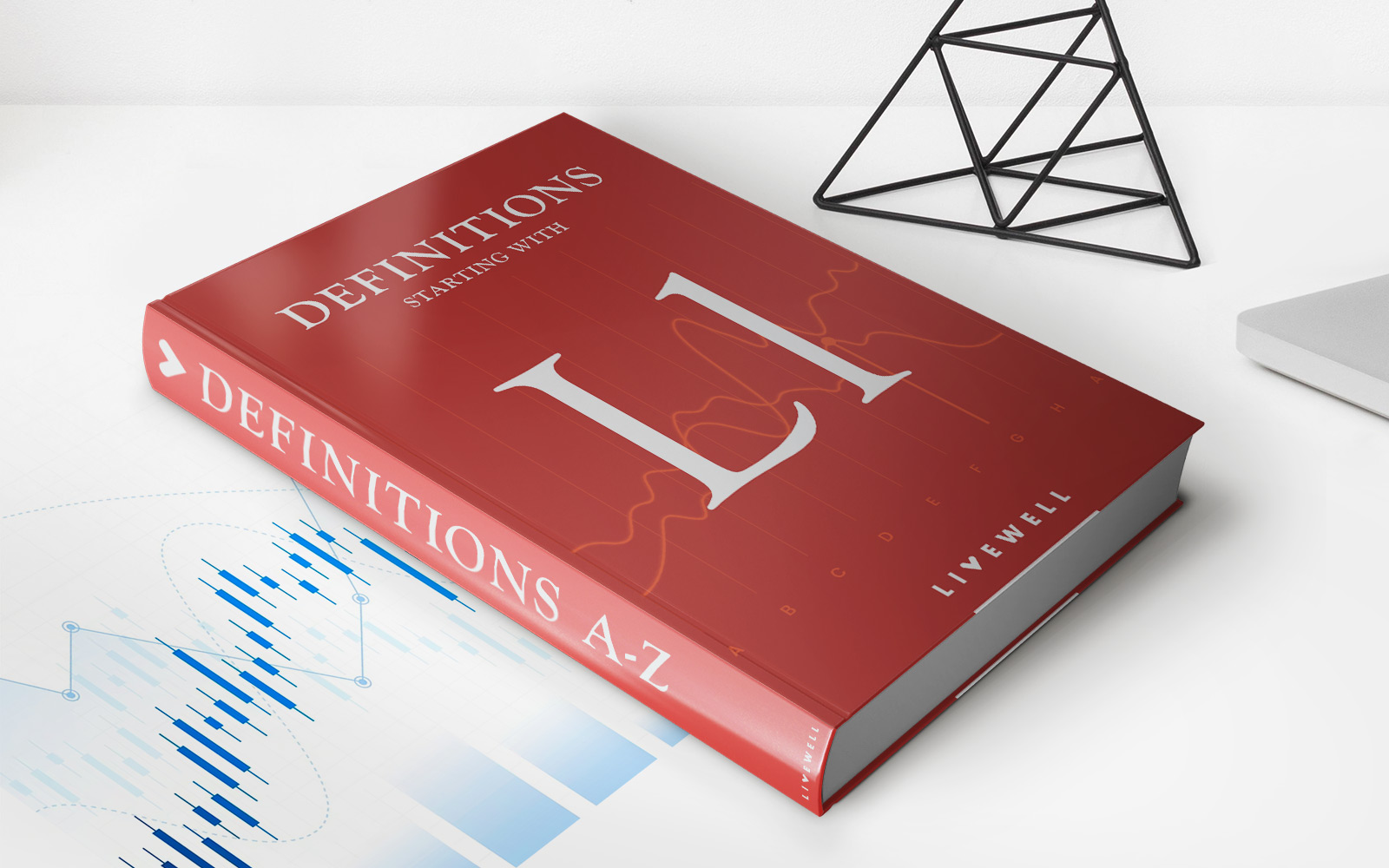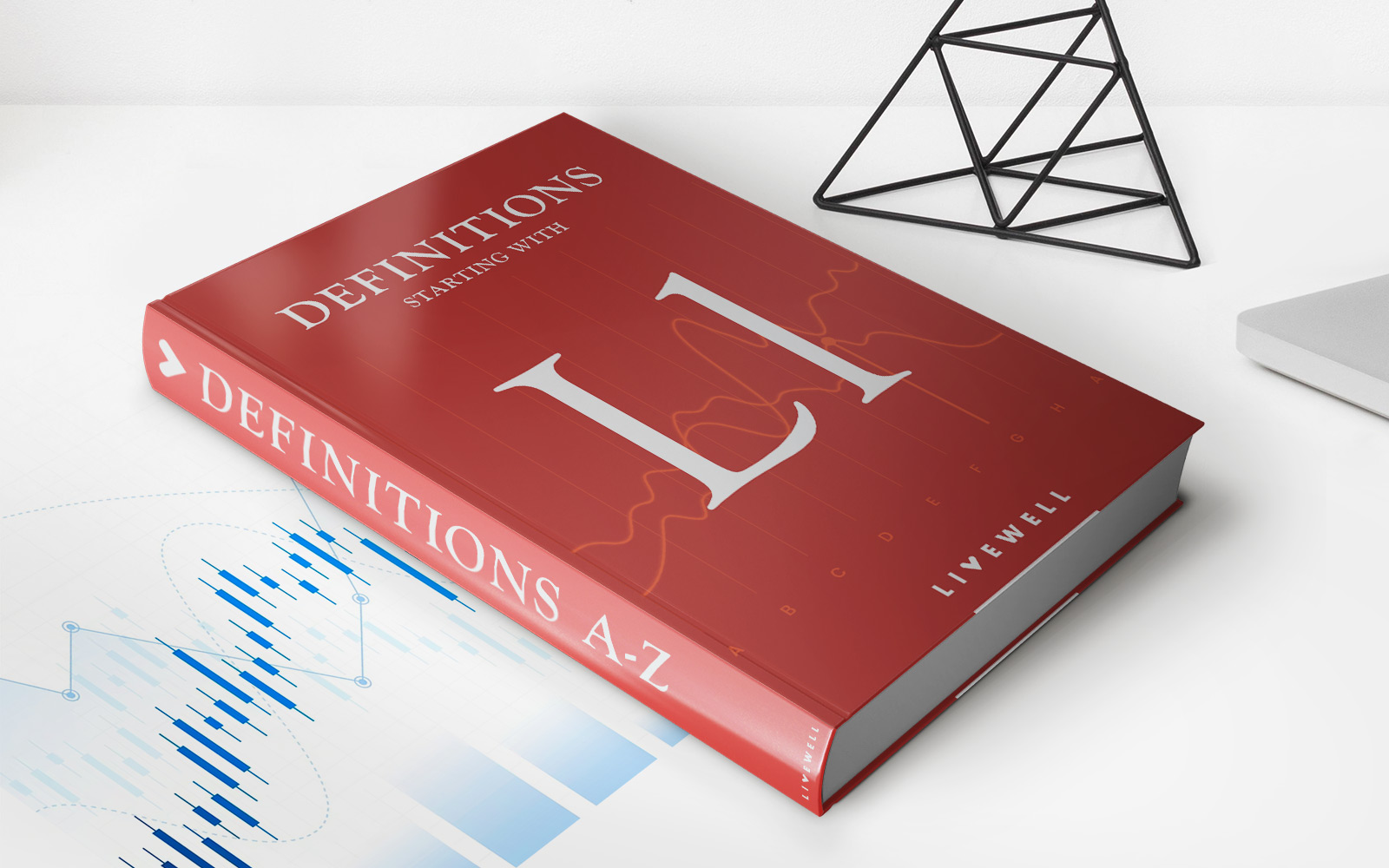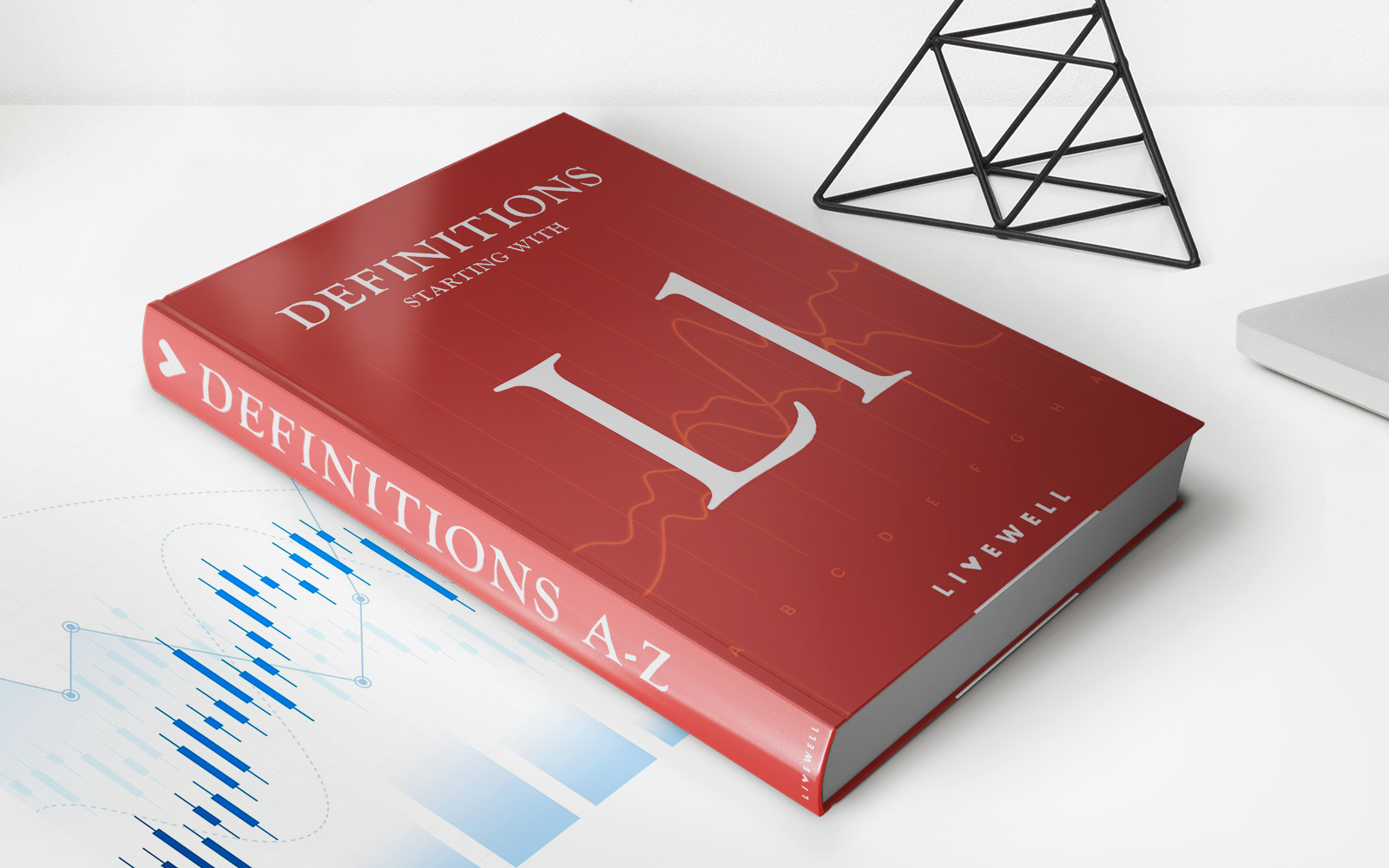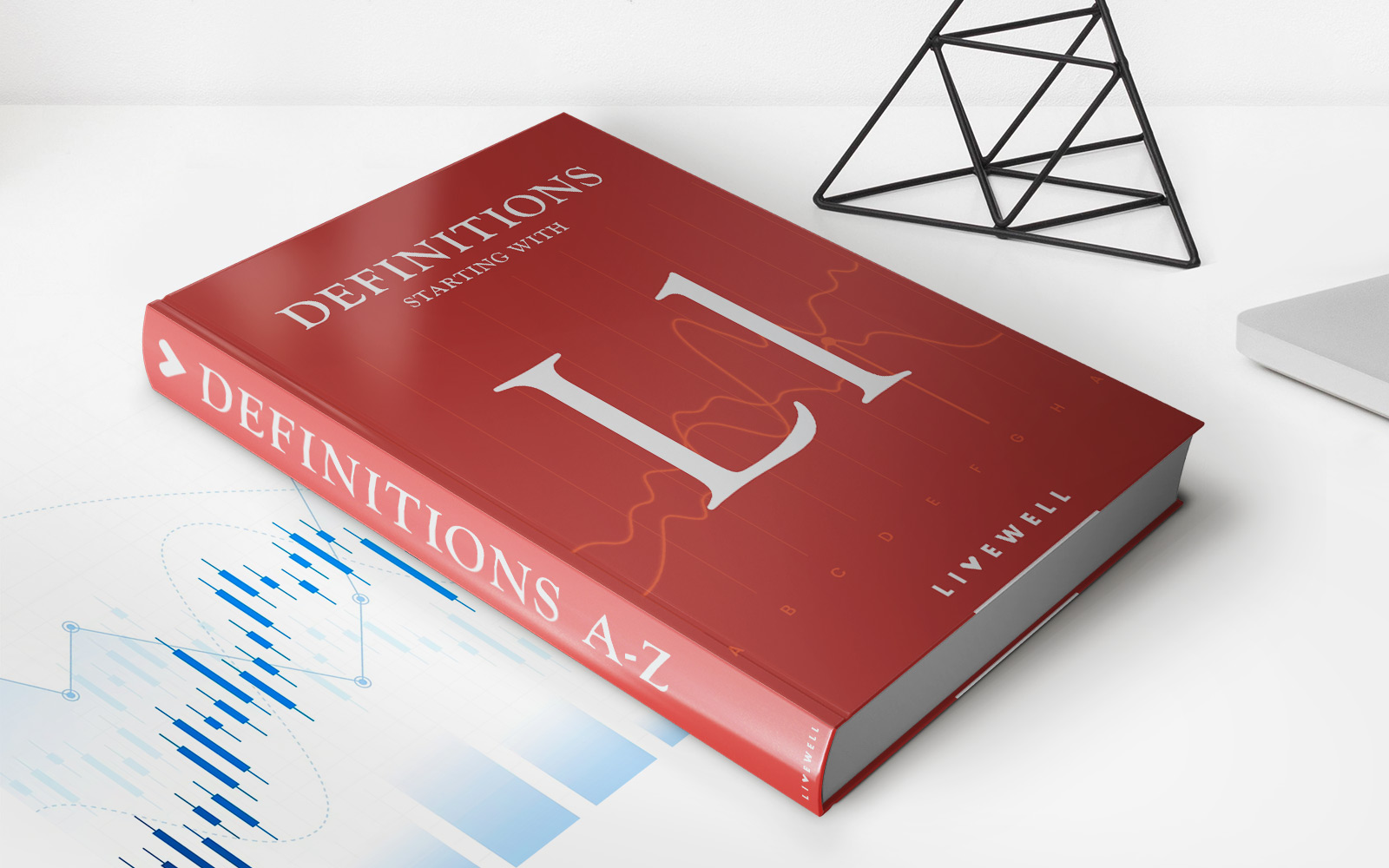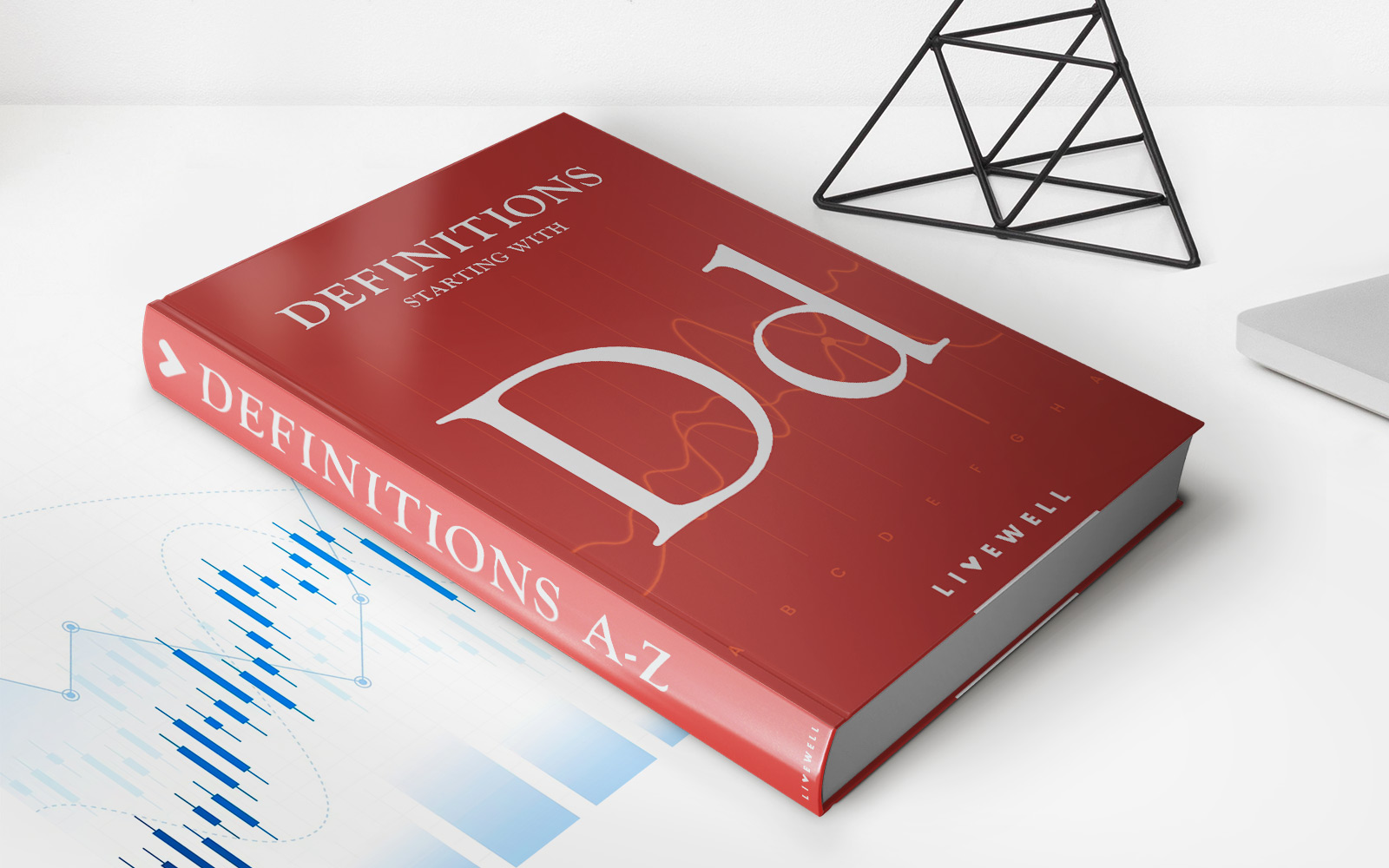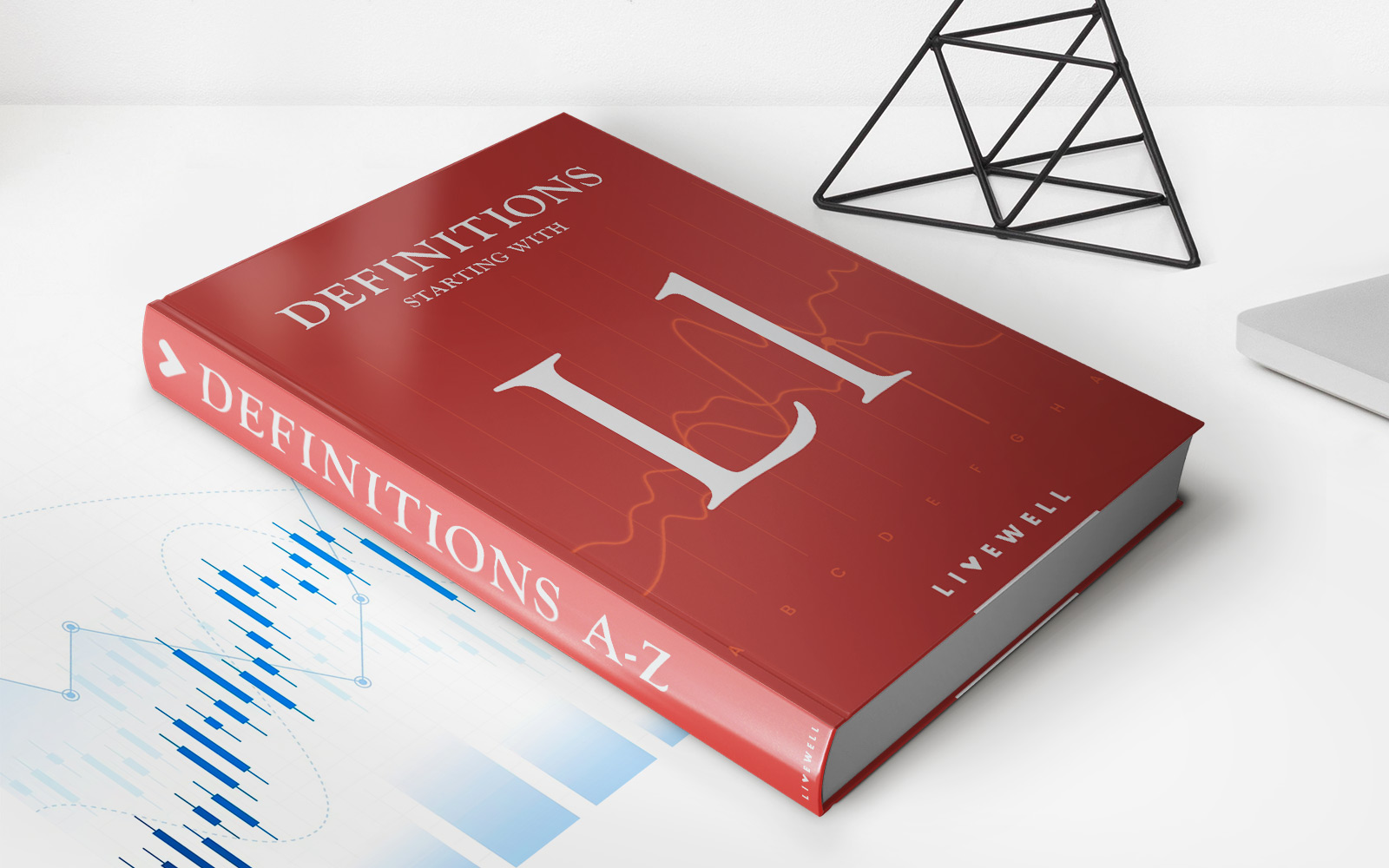

Finance
Locked Market Definition
Published: December 19, 2023
Discover the meaning of Locked Market in the world of finance. Understand how it affects trading and market conditions.
(Many of the links in this article redirect to a specific reviewed product. Your purchase of these products through affiliate links helps to generate commission for LiveWell, at no extra cost. Learn more)
The Locked Market Definition: What You Need to Know about this Financial Phenomenon
When it comes to the world of finance, there are countless terms and concepts that can be overwhelming to understand. One such term that often leads to confusion is the locked market. In this article, we will dive into the locked market definition, explore its significance, and shed some light on how it can impact your investments.
Key Takeaways:
- A locked market refers to a situation in which the bid price and ask price for a particular security are the same.
- Locked markets often occur during volatile trading periods and can lead to trading halts.
Understanding the Locked Market Definition
A locked market occurs when the highest bid price matches the lowest ask price for a specific stock, option, or other financial instrument. In other words, when buyers are willing to pay the same price that sellers are asking, the market becomes ‘locked.’ This equilibrium between supply and demand creates a temporary standstill in trading activity.
To give you a better idea, imagine a scenario where stock XYZ is currently trading at a bid price of $50 and an ask price of $50. When the bid and ask prices align, it signifies a locked market.
So, why does a locked market occur in the first place? One of the primary reasons is high market volatility. During periods of extreme market turbulence, buying and selling pressure can become imbalanced, leading to an equality in bid and ask prices. This equalization can cause trading halts, as the market tries to stabilize and find equilibrium once again.
The Impact of Locked Markets
Locked markets can have both positive and negative impacts on investors and traders alike. Here’s a closer look at how it can affect the financial landscape:
1. Rare Arbitrage Opportunities: As bid and ask prices align, it opens a window for arbitrage opportunities. Traders can exploit small price discrepancies, buying and selling with minimal risk to generate profits.
2. Trading Halts and Delays: Locked markets often trigger regulatory circuit breakers and trading halts. These mechanisms are in place to prevent extreme price volatility and protect investors from potential market manipulation.
3. Limited Liquidity: Trading activity becomes stagnant as the market remains locked. This lack of liquidity can make it challenging for investors to enter or exit positions at their preferred price, potentially impacting their portfolio’s performance.
4. Market Indicators: Locked markets can serve as indicators for heightened market volatility and potential shifts in investor sentiment. Recognizing these conditions can help investors make informed decisions and adapt their strategies accordingly.
Conclusion
While a locked market may seem like a complex phenomenon at first, understanding its definition and impact is essential for any investor or trader. As with many aspects of finance, knowledge is power, and by grasping the concept of a locked market, you will be better equipped to navigate the ever-changing landscape of the financial markets.
So, the next time you detect a locked market, seize the opportunity to evaluate the market conditions and adjust your investment strategy accordingly. By staying informed and adaptable, you can make the most of any situation, even when the market appears to be at a standstill.
